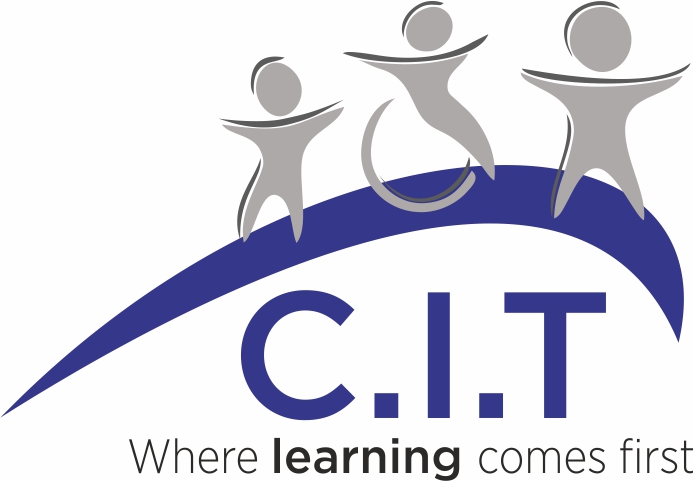Mathematics
The Mathematics Department at Carre's aims to provide its students with a first-class introduction to mathematics and instil confidence in the subject that will serve them well throughout their future lives.
Staff
- Mr P Harvey (Head of Mathematics)
- Mrs A Blair (Second in Mathematics)
- Mr D Cherry
- Mrs R Quinton
- Mrs K Thompson
Resources
The department has four dedicated rooms (Rooms 1,2, 38 and 39) equipped with whiteboards and IT-linked projectors.
Schemes of Work
Key Stage 3
Our curriculum at Key Stage 3 is structured to build on student successes at Key Stage 2 and develop knowledge and proficiency in mathematical skills to afford success at Key Stage 4 and beyond, as well as nurture an interest in mathematics and problem-solving. In Year 7, students are taught in form groups. From Year 8, students are organised into mixed form groups of BW and CL. Within these mixed forms, there is then a core set and an extension class. This is adapted in Year 8 where there are 5 tutor groups. Pupils are placed in the core or extension class based on Year 7 assessments. This is reviewed at the end of Terms 2 and 4, and students will subsequently move if their performance and ability show them to be better suited to be working in another class. Both the core and extension set follow the same scheme of work and complete the same end of term tests.
Students are expected to provide their own scientific calculators and although frequently used in class much "non-calculator" work is also undertaken. They are also expected to provide normal Maths equipment (a ruler, protractor, and a pair of compasses.).
Homework is set at least once a week to provide valuable practise and reinforcement of work. Students have access to MathsWatch, and online learning platform, and homework tasks may be set through this website.
The Year 7 scheme of work covers the following topics: sequences & functions; number calculations; perimeter & area; fractions, decimals and percentages; probability; expressions and formulae; handling data; multiplication and division; functions and graphs; triangles and quadrilaterals; percentages, ratio and proportion; linear equations; transformations; more number calculations; analysing statistics; probability experiments; equations and graphs; polygons.
The Year 8 scheme of work covers the following topics: number and sequences; angles and bisectors; probability; fractions, decimals and percentages, expression and formulae; measures and measurement; functions and graphs; multiplicative reasoning; transformation and congruence; equations and formulae; handling data; multiplication & division; equations and graphs, solving problems; dimensions and scales; data projects, statistical experiments.
The Year 9 scheme of work covers the following topics: sequences; functions and graphs; proportional reasoning; solving equations; geometrical reasoning and construction; handling data; perimeter, area and volume; number calculations; graphs of functions; probability; transformations; problem-solving; equations, functions and formulae; statistical reports; applying geometrical reasoning; theoretical and experimental probability; trigonometry and Pythagoras.
Key Stage 4
In Key Stage 4 the boys are placed in sets by ability and are prepared for the AQA Higher/Foundation level Mathematics examination (8300). This has grades 9-1 available. There are three papers sat at the end of the course, each 1 hour 30 minutes long, one without calculators, and two with calculators. Homework is set once a week to provide valuable practise and reinforcement of work.
The work covered in Key Stage 4 matches exactly with the GCSE syllabus. The schemes of work vary between the sets with the higher groups covering some topics to a greater depth. The precise order in which topics are tackled may vary. The general areas covered are as follows: number; fractions and percentages; ratio and proportion; shape; algebra; Pythagoras and trigonometry; constructions; powers, standard form and surds; statistics; real-life graphs; similarity; linear graphs and equations; probability; dimensional analysis, variation; limits of accuracy; inequalities and regions; vectors; transformation of graphs; proof.
Key Stage 5
In the Sixth form (Key Stage 5) year 13 pupils, both boys and girls, who choose to study the subject at Carre's are currently preparing for the Edexcel following A-level exams:
- A-Level Mathematics (9MA0)
- A-Level Further Mathematics (9FM0)
Qualifications & Further Education
Mathematics qualifications are vital at GCSE level, and at A-Level represent an enormously valuable unit of currency for University courses in virtually all scientific, technological and financial areas. Increasingly students mix mathematics with a wide range of both arts and science subjects and can often gain great satisfaction from studying the order and logic that mathematics brings to a wider understanding of the world around us.



